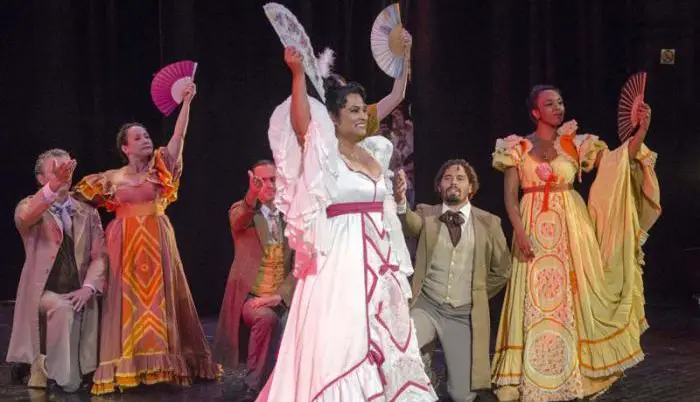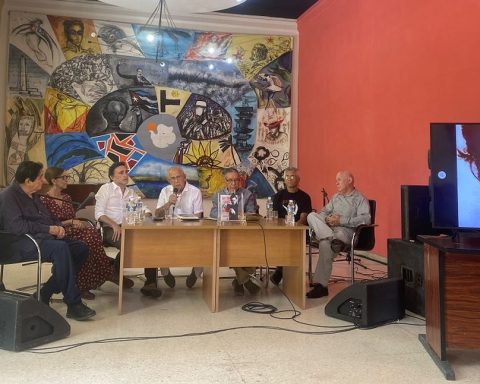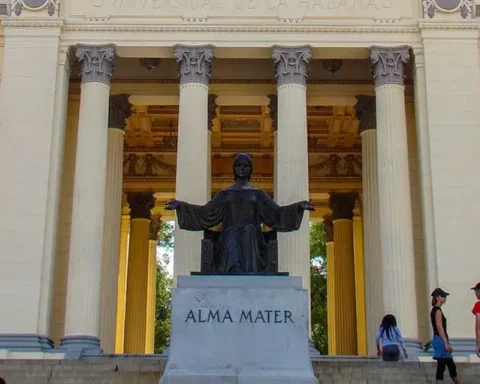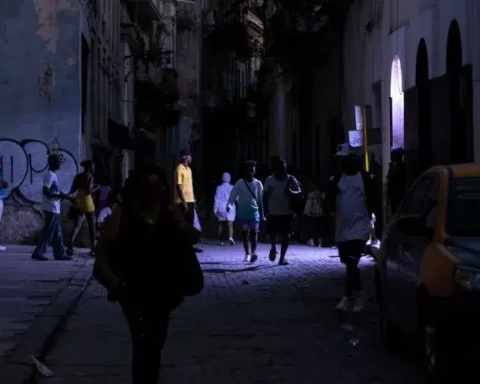MADRID, Spain.- The musical and theatrical genre called zarzuela had triumphed in Cuba since the mid-19th century; Widely cultivated in that century and in the next, in Spain and other Ibero-American lands, its development on the Island was recognized worldwide.
the zarzuela Cecilia Valdes, Considered a symbol of Cuban identity and an emblematic piece of national lyrical art, it premiered with great public acclaim on March 26, 1932 at the Martí Theater in Havana, which was inaugurated in 1884 and would be called that in 1899.
Based on the novel by Cyril Villaverde (1812-1894), the music of the zarzuela Cecilia Valdes It is by maestro Gonzalo Roig (1890-1970), pioneer of the insular symphonic movement, composer of popular songs such as “Quiéreme mucho” and “Ojos brujos”, musical director and founder, among various groups, of the Ignacio Cervantes Orchestra and the Opera Havana National.
With original script by Agustín Rodríguez and José Sánchez Arcilla, Cecilia Valdes it has been represented hundreds of times inside and outside Cuba. In 2020, for example, it premiered at the Teatro de La Zarzuela in Madrid.
Prestigious names have interpreted the mulatta Cecilia. Among many were rita montaner (1900-1958), Maruja González (1904-1999), Alina Sánchez (1946), Esther Valdés (1927-2016) and María Eugenia Barrios (1941). It has also been interpreted by foreign sopranos such as the Mexican settled in Cuba, Elisa Altamirano, who assumed the first leading role in the initial performances; and the Spanish María Bayo and Mariola Cantarero.
Cecilia Valdes either angel’s hill, romantic and costumbrista novel, has been classified as the most important Cuban literary work of the 19th century; describes and criticizes the slave-owning society of the time based on the love story between Cecilia Valdés, a beautiful mestiza, and Leonardo Gamboa, a rich white young man, who happen to be brothers.
Also taken to the cinema by Humberto Solás, zarzuela and literary work are considered essential for Cuban culture.


















